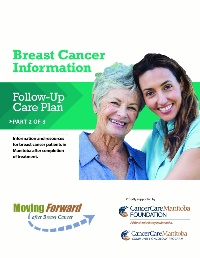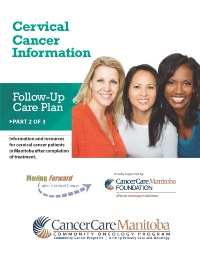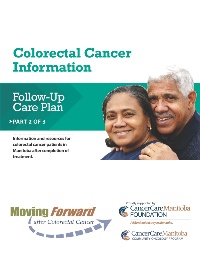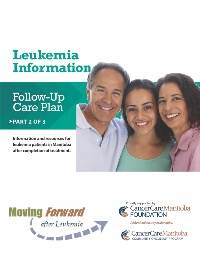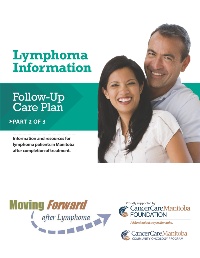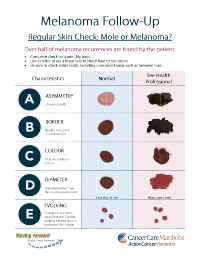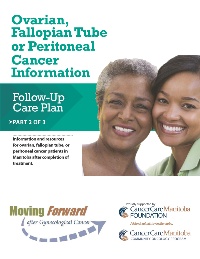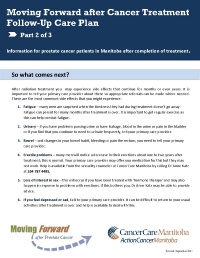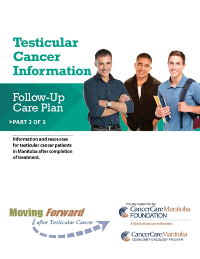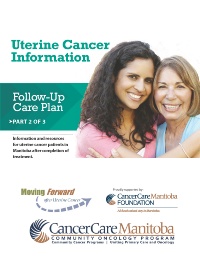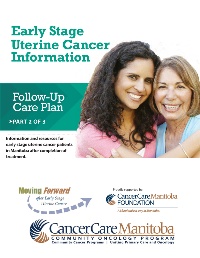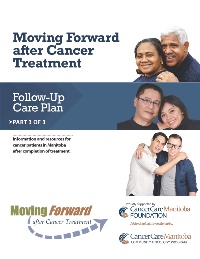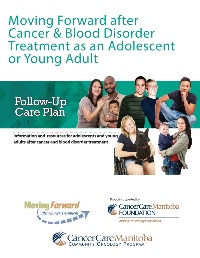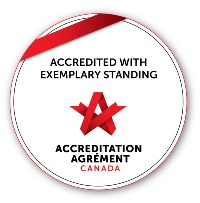After Treatment is Over
Once cancer treatments end, patients often experience mixed emotions. There is a sense of relief, yet also worry about whether there will be a recurrence and concerns about the impact of the experience on their everyday lives. CancerCare Manitoba has supports in place for both the physical and psychological care patients may need.
CancerCare Manitoba offers two programs, one to help patients transition into follow-up care and another for patients who had a childhood or adolescent cancer.
Contact Us
Questions about this program or the developed care plans, please contact: [email protected].
Living Your Best Life With and Beyond Cancer
This video series is part of the Cancer Transitions series from CancerControl Alberta.
Moving Forward After Cancer Treatment
The Moving Forward After Cancer Treatment Program was developed to help patients transition into follow-up care with primary care. Patients will have a “transitional appointment” at the oncology clinic and receive a three-part care plan.
Part 1
Part 1 of the plan includes a summary of the treatments the patient underwent, a schedule of follow-up tests and appointments, and a description of what symptoms patients should watch for.
Part 2
Part 2 is a book patients receive with specific information about the type of cancer they had. The book outlines information such as:
- what you should watch for
- diet and nutrition
- follow-up care and side effects
- exercise and activity
- what to expect post-treatment
- cancer-type specific resources and supports available in Manitoba
- the emotional and psychological impacts of cancer and treatment
Please click on a link below for a copy of a book.
Part 3
Part 3 of the care plan is a book of general follow-up resources not related to a specific type of cancer.
It contains information about:
- feeling well after treatment
- the emotional impact of cancer and treatment
- primary care, medical tests, and screening
- reducing the risk of recurrence
- sleeping well
- the Home Cancer Drug Program
- managing skin changes after treatment
- health-care decisions and considering the future
- additional supports and resources in Manitoba
Moving Forward After Cancer & Blood Disorder Treatment as an Adolescent or Young Adult
This booklet is supplemental to Parts 1-3 of the Follow Up Care plan package. It covers common questions and issues young people face after completing treatment as well as direct you to resources you can use.
This book contains information on:
- Isolation and Well Being
- Fertility
- Finances
- Education & Work
- Substance Use
- LGBT2SQ+
- Physical Activity and Nutrition
After Care Program
CancerCare Manitoba’s AfterCare Program or CAP program is for patients who had a childhood or adolescent cancer. When young patients are ready for yearly follow-up visits, their care will be taken over by the CAP program, with visits to a clinic at CCMB.
At the first visit to the CAP clinic, patients receive a summary of their treatment and a teaching package. Key information and any new resources are discussed and shared at future clinic visits.
The focus of these visits is assessment, screening, and education regarding possible late effects or problems that can happen after treatment for cancer. Healthy lifestyle choices and disease prevention strategies are also reviewed.
To contact the AfterCare program with non-urgent questions, call 204-787-2320. Note that messages will be returned within two to three business days.

